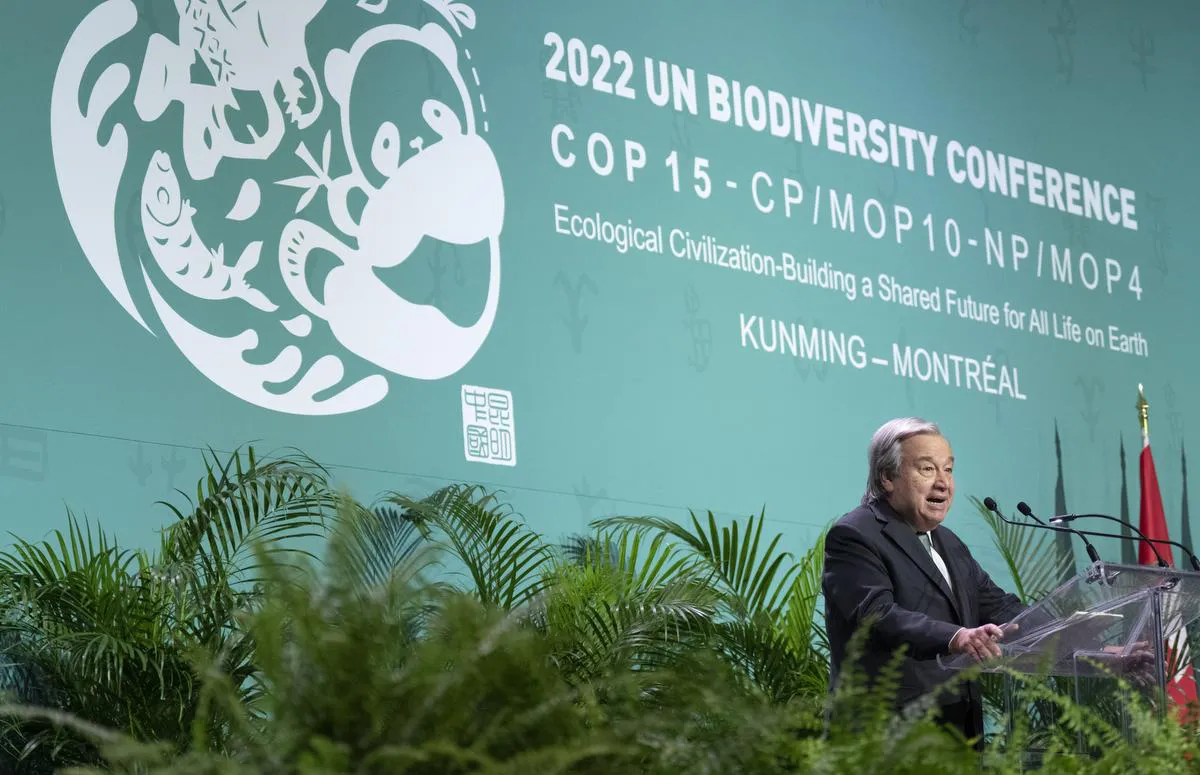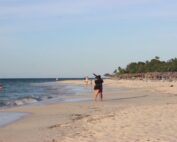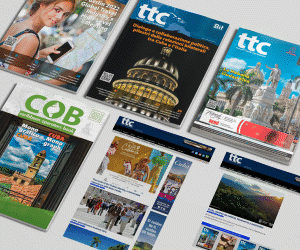By Frank Martin
An alarming call from the UN Secretary General, António Guterres, has had a direct impact on the world of tourism: “Without nature, we have nothing”
The direct and high-impact phrase was exposed by Guterres at a key global conference of the world organization whose continuity has been taking place since last week in Montreal, Canada.
Experts who have intervened in recent years in the protracted debates still underway today, agreed that the increasing destruction of nature caused by human activity is alarming.
It is not an exaggeration to say that new plans and solutions are expected from these international meetings to stop the alarming deterioration.
The good news is that a new global framework for biodiversity is already being prepared, which will guide actions around the world until 2030, to preserve and protect the natural resources humanity relies on to survive.
The current stage of the 15th Conference of the Parties to the United Nations Convention on Biological Diversity (COP15), which began on Wednesday of last week, will continue until December 19.
“At this meeting we need an ambitious and effective global biodiversity agreement, with clear goals and criteria,” Ingred Andersen, executive director of the Environment Program said at a press conference in Montreal.
What has attracted governments around the world to talk about biodiversity are the clearest figures. Human activity has affected 75% of the land mass and 66% of the oceans; the losses of more than 85% of the wetlands; and the threat that hangs over 25% of all species threatened with extinction.
As is the case with another phenomena that advances due to the abandonment of nature to its fate, climate change, biodiversity is progressively wearing away.
A concept that many consider extremist is that which states that tourism is the “enemy” of biodiversity.
A better modification of this way of seeing the problem is that excessive tourism that does not respect nature is truly capable of accelerating the destruction of biodiversity.
A group of scientists have carried out the investigation under the supervision of the UN reached a logical conclusion: Obviously, that tourism and biodiversity must have a good relationship and not harm each other.
Based on this logic, it is very evident that governments and interested entities of all kinds should promote the conservation of native species, through the development of infrastructures that are more respectful of nature.
Such a study indicates that the integration of biodiversity conservation and public health has gained significant momentum in recent years, and new efforts should be developed to identify shared solutions.
The researchers didn’t reach their conclusions just by exchanging criteria. They used data obtained by combining NASA satellites and social media posts.
In this way, they measured how much wildlife there was and which were the areas that attracted the most travelers in a specific tourist country.
Careful observations of the habitat of endangered species were made and they detected that, indeed, the excess of tourists and bad habits that could threaten conglomerates of animals and nature in general.
This discovery intuited by specialists was verified for regions of the planet whose economies need the tourism industry.
They were able to easily understand that neglecting biodiversity protection programs, and not only in tourism but also in other sectors such as industry, is what is really dangerous.
Hence Guterres’ statement “without nature, we are nothing”. He added at the time that humanity for hundreds of years, “has carried out a cacophony of chaos, played on instruments of destruction.”
His examples were eloquent: deforestation and desertification; to the poisoning of the environment by chemicals and pesticides, which are degrading the land and making it difficult to feed the world’s growing population.

MORE NEWS











